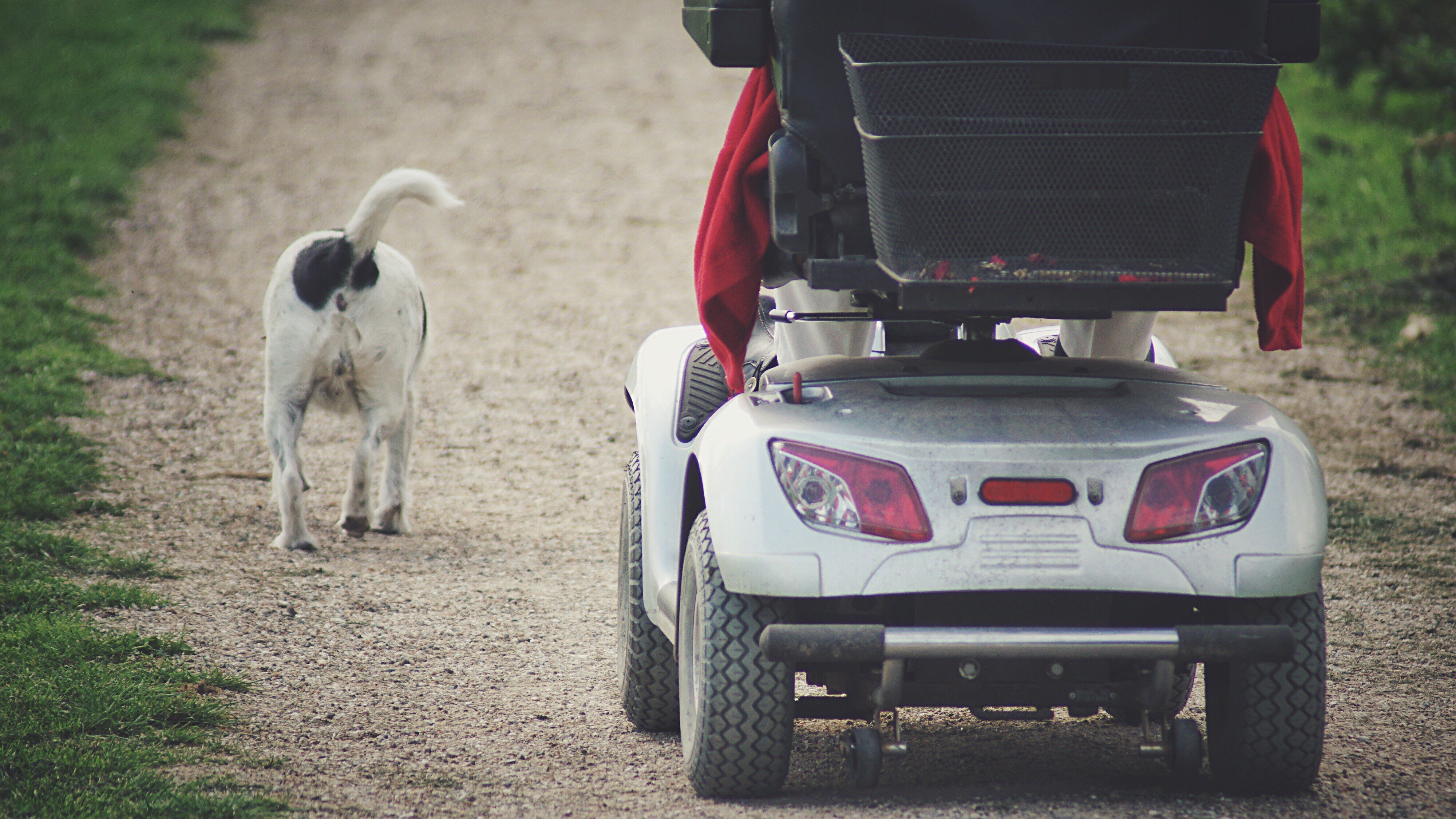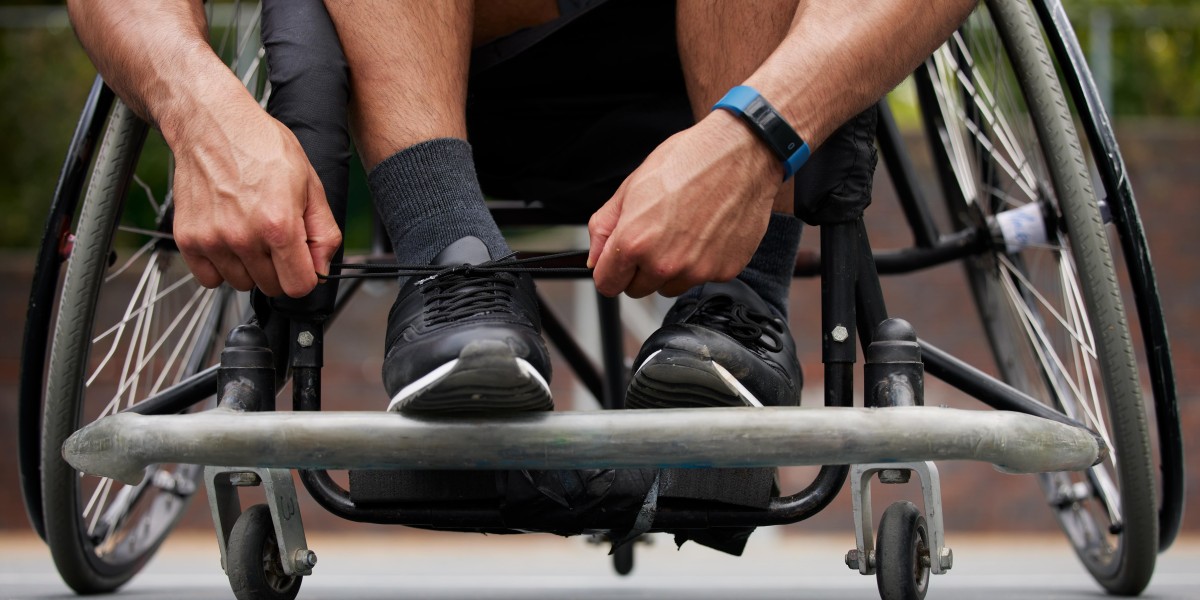Mobility Scooters in the UK: A Comprehensive Guide
In the United Kingdom, mobility scooters are ending up being a significantly popular methods of transportation for people with mobility issues, providing them with the freedom to browse their neighborhoods individually. These motorized lorries are developed to help those who have difficulty strolling or using a manual wheelchair, providing a practical and comfy solution for daily travel. This article looks into the world of mobility scooters in the UK, exploring their advantages, legal requirements, and how to select the ideal one.
Intro to Mobility Scooters
A mobility scooter is a battery-powered vehicle that normally has three or 4 wheels, a seat for the motorist, and handlebars for steering. They are created to be simple to utilize and keep, making them perfect for older adults and people with disabilities who desire to keep their self-reliance. Mobility scooters can be found in various sizes and models, each catering to different needs and choices.
Benefits of Mobility Scooters
- Increased Independence: Mobility scooters allow users to take a trip longer distances without the physical strain related to walking or using a manual wheelchair. This independence can substantially boost their quality of life.
- Cost-efficient: Compared to other motorized vehicles, mobility scooters are relatively economical. They likewise need very little upkeep, which can save users a lot of cash in the long run.
- Relieve of Use: Most mobility scooters are designed to be user-friendly, with instinctive controls and comfy seating. They are typically light-weight and can be quickly disassembled for transportation.
- Improved Social Interaction: By allowing users to venture out more regularly, mobility scooters can help in reducing sensations of seclusion and loneliness, promoting social connections and neighborhood participation.
- Boosted Safety: Mobility scooters are equipped with functions such as headlights, brake lights, and horns, making them safer for use on roads and in public spaces.
Kinds Of Mobility Scooters
When selecting a mobility scooter, it's crucial to consider the type that best matches your requirements. Here are the primary types readily available in the UK:
Class 2 mobility scooter near me Scooters:
- Speed: Limited to 4 miles per hour (6.4 km/h)
- Usage: Suitable for pavements and pedestrian locations
- Functions: Compact and lightweight, foldable for easy transport
Class 3 Mobility Scooters:
- Speed: Can reach up to 8 miles per hour (12.9 km/h)
- Usage: Suitable for both pavements and roads, supplied they are signed up and guaranteed
- Functions: Sturdier develop, typically with advanced functions like suspension and larger batteries
Sturdy Mobility Scooters:
- Capacity: Designed to support users weighing as much as 400 pounds (181 kg)
- Usage: Ideal for those who need a robust and resilient scooter
- Functions: Reinforced frame, wider seat, and enhanced stability
Off-Road Mobility Scooters:
- Terrain: Built to deal with rough and unequal surface areas
- Usage: Suitable for users who enjoy outside activities like hiking or fishing
- Features: All-terrain tires, high ground clearance, and effective motors
Legal Requirements for Mobility Scooters in the UK
Utilizing a mobility scooter in the UK features specific legal responsibilities. Here are the bottom lines to think about:
- Registration and Insurance:
- Class 2 Scooters: No registration or insurance coverage needed
- Class 3 Scooters: Must be signed up with the DVLA, insured, and display a legitimate MOT certificate if utilized on roads
- Chauffeur Requirements:
- Age: Users should be at least 14 years old
- Health: No specific health conditions are required, however users must be able to control the scooter safely
- Speed Limits:
- Class 2 Scooters: 4 mph (6.4 km/h) on pavements
- Class 3 Scooters: 8 miles per hour (12.9 km/h) on roads, 4 miles per hour on pavements
- Security Equipment:
- Lights: All scooters utilized on roads should have front and rear lights, indications, and a horn
- Reflectors: Required for usage on roadways, especially throughout low exposure conditions
- Tax and Parking:
- Tax: Class 3 scooters are exempt from lorry tax
- Parking: Users can park in designated disabled scooters near me parking spaces with a legitimate Blue Badge
How to Choose the Right Mobility Scooter
Choosing the ideal mobility scooter includes thinking about several factors:
Mobility Needs:
- Range: How far do you require to take a trip?
- Terrain: Will you be using the scooter on pavements, roadways, or off-road?
- Weight Capacity: What is the maximum weight the scooter needs to support?
Budget:
- Initial Cost: Mobility scooters can range from a few hundred to numerous thousand pounds
- Ongoing Costs: Consider the cost of batteries, maintenance, and insurance coverage
Features:
- Comfort: Look for a scooter with a comfortable mobility scooters seat and adjustable controls
- Storage: Some scooters provide extra storage for shopping bags or personal products
- Portability: If you require to transport the scooter, select a design that is lightweight and foldable
Track record and Support:
- Brand: Research respectable brands known for their quality and dependability
- Guarantee: Check the guarantee duration and what it covers
- Client Support: Ensure the maker or retailer offers good client support and service
FAQs About Mobility Scooters in the UK
Do I require a license to drive a mobility scooter?
- No, you do not need a driving license to operate a mobility scooter in the UK. Nevertheless, Class 3 scooters need to be registered with the DVLA and insured if used on roadways.
Can I use a mobility scooter on the pavement?
- Yes, both Class 2 and Class 3 scooters are allowed on pavements, however Class 3 scooters are limited to 4 miles per hour.
Are there any limitations on where I can utilize a mobility scooter?
- Class 2 scooters are restricted to pavements and pedestrian locations. Class 3 scooters can be utilized on roads, but they must fulfill certain legal requirements.
How do I preserve my mobility scooter?
- Routine upkeep consists of checking battery levels, tire pressure, and brake performance. It's also crucial to clean up the scooter frequently and store it in a dry location.
Can I get a mobility scooter online scooter through the NHS?
- The NHS supplies mobility scooters through the Disabled Living Allowance (DLA) or Personal Independence Payment (PIP). You can likewise acquire or rent a scooter from a private seller.
Is a mobility scooter tax-deductible?

- In some cases, the expense of a mobility scooter can be declared as a medical expenditure. Seek advice from a monetary consultant for specific guidance.
Tips for Using a Mobility Scooter Safely
- Wear Appropriate Clothing:
- Wear comfy and weather-appropriate clothes. Think about using a high-visibility coat when using the scooter on roads.
- Keep the Scooter:
- Regularly inspect the battery, tires, and brakes to make sure the scooter remains in good working condition.
- Follow Traffic Rules:
- Obey traffic indications and signals, and utilize designated pedestrian and cycle paths when possible.
- Usage Safety Equipment:
- Always use the headlights, brake lights, and horn, specifically throughout low presence conditions.
- Bear in mind Others:
- Be polite to pedestrians and other road users. Decrease when approaching crowded areas.
Mobility scooters are a valuable tool for individuals in the UK who deal with mobility challenges. They use a range of advantages, from increased independence to enhanced security, making them a popular choice for older grownups and people with impairments. By understanding the different kinds of scooters, legal requirements, and how to select the ideal one, users can delight in the flexibility and benefit these lorries offer. Whether for everyday errands or pastime, a mobility scooter can substantially enhance the lifestyle for numerous individuals.
Additional Resources
- DVLA Website: For info on registering and guaranteeing a Class 3 mobility scooter
- Age UK: Offers guidance and assistance for older adults thinking about a mobility scooter
- Disability Rights UK: Provides assistance on accessing mobility scooters through monetary support programs
By taking the time to research study and choose the best mobility scooter, users can enjoy greater independence and a more active way of life.








